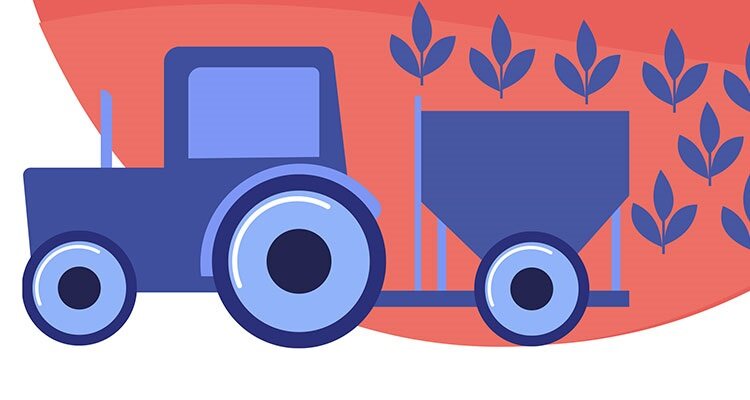
Infor’s Marcel Koks looks at what food manufacturers can do to help meet the challenge posed by a rapidly growing global population
The world population is forecast to grow to 9.3 billion by 2050. According to the Food and Agricultural Organization of the United Nations, to support this, food production must increase by 60 percent. This is already a considerable challenge but when you factor in the ongoing impact of climate change on crops and supply, for example, 20 percent lower harvests of grains in Scandinavia because of the drought in May and June 2023, El Nino impacting cacao and other crop harvests, and the olive harvest in Spain impacted by drought, it’s not hard to see why the global community is concerned.
At the same time, a third of our food is wasted globally and that amount only continues to grow. Calculations suggest that if we could reduce food waste and loss by 25 percent, we would have additional food for about 500 million people.

Vital waste reduction
In light of this, a rapidly growing number of food and beverage manufacturers are committed to the Sustainable Development Goals of the UN and try to reduce food waste, but much of it is lost to inefficiencies. For example, a farm may eliminate an oddly shaped fruit, spoilage may occur during overseas transportation due to a cooling malfunction, and the supermarket may end up throwing it away because of unbalanced supply and demand. Finally, a consumer often throws perfectly good food away because it’s after the printed “best before” date.
Eliminating waste to better feed the planet is a complex challenge for both premium and commodity food production. The keys to solving this massive problem are supply chain transparency and data sharing from farm to fork. For premium foods the consumer wants to see and values data on the food’s pedigree, for commodities you need the data from the food supply chain to drive down waste and become more cost efficient.
When there is transparency on the quality or grade of the ingredients then, for example, the straight green bananas or bent cucumbers can be routed for food processing rather than wasted. When the outbound cold chain has the ideal temperature readings for the perfect delivery, a longer “best before” date can be displayed on the supermarket’s shelf.
The efficient way to feed the planet is to use a digital platform that collects information from the food supply chain and applies artificial intelligence (AI) to drive automated and smarter decisions. One example of this in action is capturing quality attributes from the farm’s produce and during processing, so that supply can be matched to demand in an optimal way, and waste is reduced.
Consumer education
Another key area to be addressed is consumer confusion over dates on products. UK waste reduction charity, WRAP, found that around 60 percent of UK household food waste, with a
value of £6.7 billion, was from products that weren’t used ‘in time’. Worse still, it found that as much as 30 percent of this food that was ‘binned’ for being past its date probably didn’t need to be thrown away, instead bearing a ‘best before’ as opposed to a ‘use by’ date. Clearly, there is confusion over date labelling.
Consumer education obviously has a role to play in reducing food waste. Building awareness about how best before dates are not the same as use by dates, and implementing consistent labelling standards where possible are key, paving the way for a distinct decrease in food waste.
One example of where the industry can help is by dynamically determining a “best before” date and adjusting prices with a machine learning algorithm. Grocery stores that have implemented smart shelves with dynamic prices based on the remaining shelf life of the product, report one third less waste, and that saving is expected to grow as the machine learning algorithm becomes smarter over time. This all adds up to less waste, lower costs, more revenue and happy, well-fed consumers.
The technology is here. It’s now up to the food and beverage processors to put the solutions to work to help feed the planet while improving the health of their business all at the same time.
For a list of the sources used in this article, please contact the editor.
Marcel Koks
Marcel Koks is Infor’s Food Industry Strategy Leader. Infor is a global leader in business cloud software products for companies in industry specific markets. The organization builds complete industry suites in the cloud and efficiently deploys technology that puts the user experience first, leverages data science, and integrates easily into existing systems. Over 65,000 organizations worldwide rely on Infor to help overcome market disruptions and achieve business-wide digital transformation.